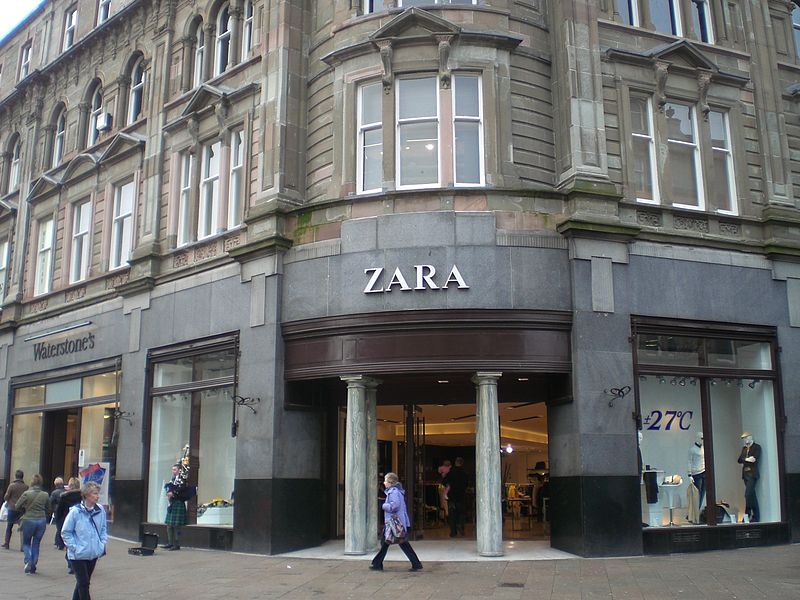
THE MARKETING ENVIRONMENT
To plan a successful future for their business, marketing managers must know the external environment in which they are working. There are many factors that play key roles in the marketing environment such as social factors, demographic factors, economics factors etc..The managers should be well aware of these changing factors in order to decide what products need to be produced, to where they should be distributed and at what price should they be available to the buyers.
Being an international company, Zara has to deal with social factors frequently. To appeal to each of the different groups of buyer from all around the world Zara has a very diverse collection. The clothes distributed to the countries in which the stores of Zara are already established (or will be) are in accordance with the culture of that country. For example in the countries with heavy religions influence, women's clothes are far more reserved than the ones with weak religious influence. This strategy exists in much smaller scales too. The stores that are close to high schools or colleges tend to have more casual clothes than the ones near offices and firms.
Economic factors play a very important role too. probably the most important. People usually seek fashionable designer clothes that do not cost much and when they find a company that meets those condition they become loyal to it. Zara has created its loyal buyer by offering precisely that: they have fashionable clothes of excellent quality in affordable prices. Like the variety of clothes according to the different cultures, the prices also vary according to the economic status of that region/country. However, the difference between prices in different countries is not very significant: the prices tend to be less than $250 (the same amount converted in other currencies for other countries).






